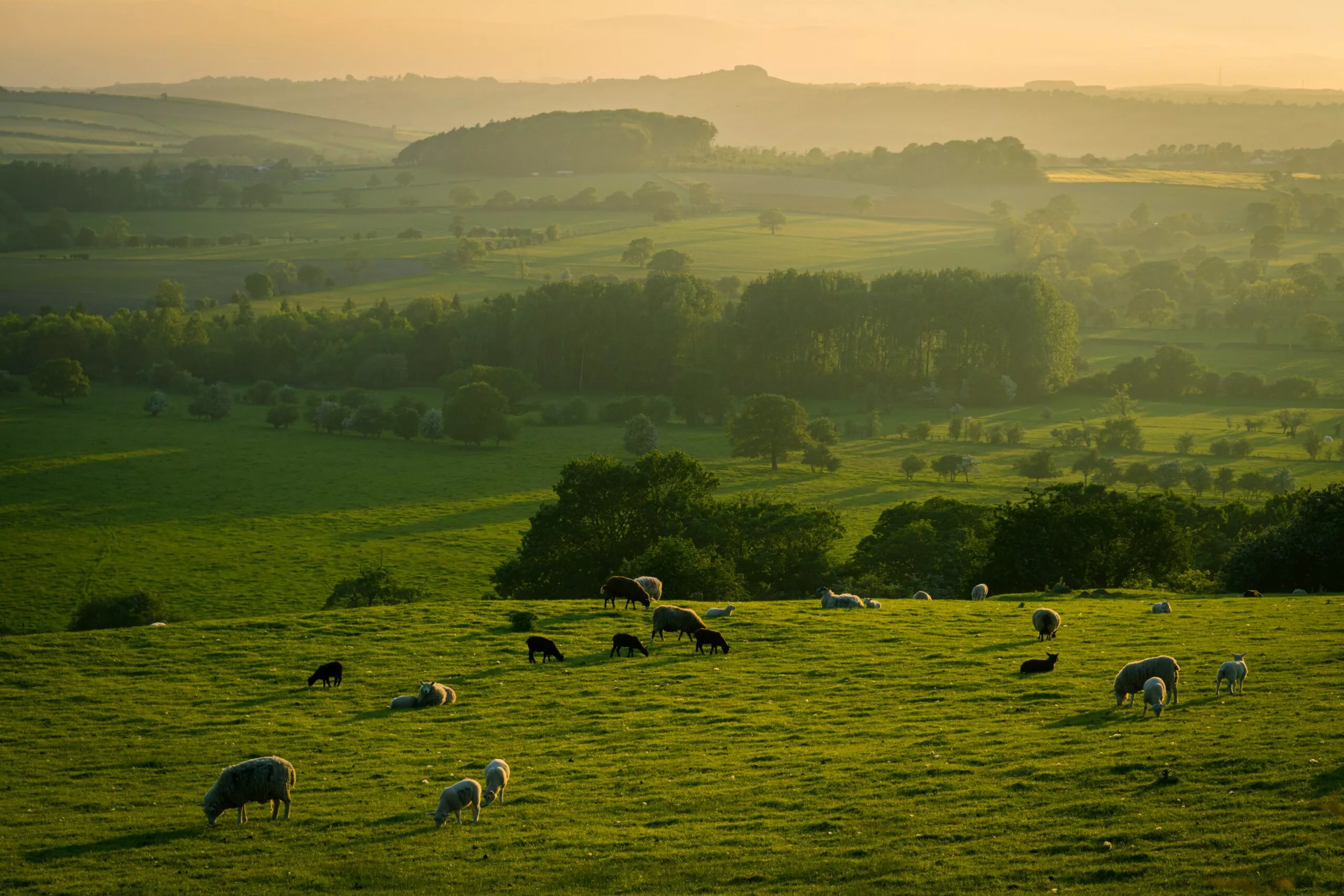“Carbon and nature offsetting perpetuates business as usual in a broken system, and will not fix the climate crisis”, say the Real Farming Trust this week.
After a call for the European Union to reject carbon offsets from more than 80 organisations and academic working on climate action, the Real Farming Trust has outlined why carbon credit and offsetting schemes are not only flawed climate solutions, but do active harm to nature and communities in the form of human rights abuses and illegal land grabs.
Following the scandal in which it was revealed that 90% of the largest voluntary carbon offset certifier, Verra’s, forest carbon credits were worthless, the Real Farming Trust argue that carbon and biodiversity credits have been sold as a simple solution to a complex problem, and they allow corporates to continue emitting while profiting from slick greenwashing PR campaigns.
The New Business of Carbon Farming
In January 2023, ORFC speakers discussed the impact of false climate solutions on food sovereignty and warned that the scale of agricultural land, forests and ecosystems necessary to fulfil the demand for carbon offset credits is so vast that it will unleash a new impetus for enclosures and land grabbing. Meanwhile, real solutions like agroecology are under threat from being co-opted into dangerous distractions like nature-based solutions.
Watch speakers from Friends of the Earth International, Focus on the Global South, the African Biodiversity Network and GRAIN share knowledge on how greenwashing gives agribusiness false legitimacy as climate leaders, and how agroecology provides an effective challenge to the destructive rise of climate finance and carbon markets.
Agroecology as a Climate Solution
The complexity of life does not lend itself to a simple market equation, say the Real Farming Trust. Instead, investment must focus on those practices that address as a whole the polycrisis we now face across food, climate, biodiversity and health, and it should be at the grassroots level; “agroecological farming is the best hope of building resilience in the face of climate crisis.”

